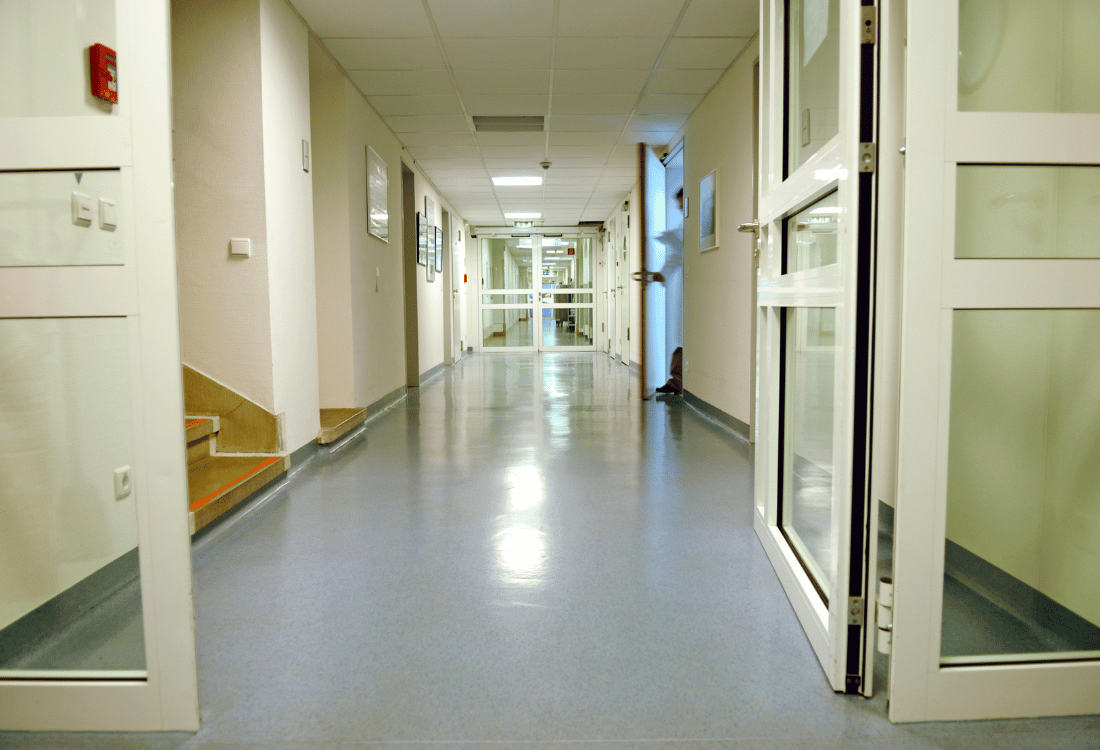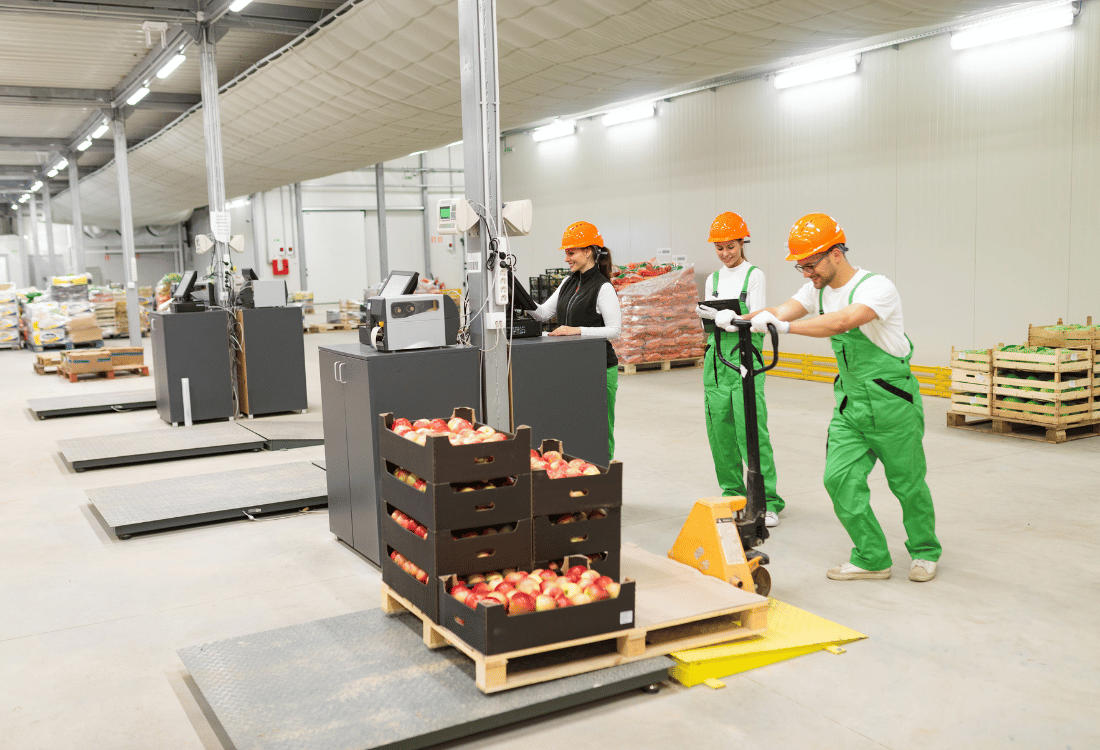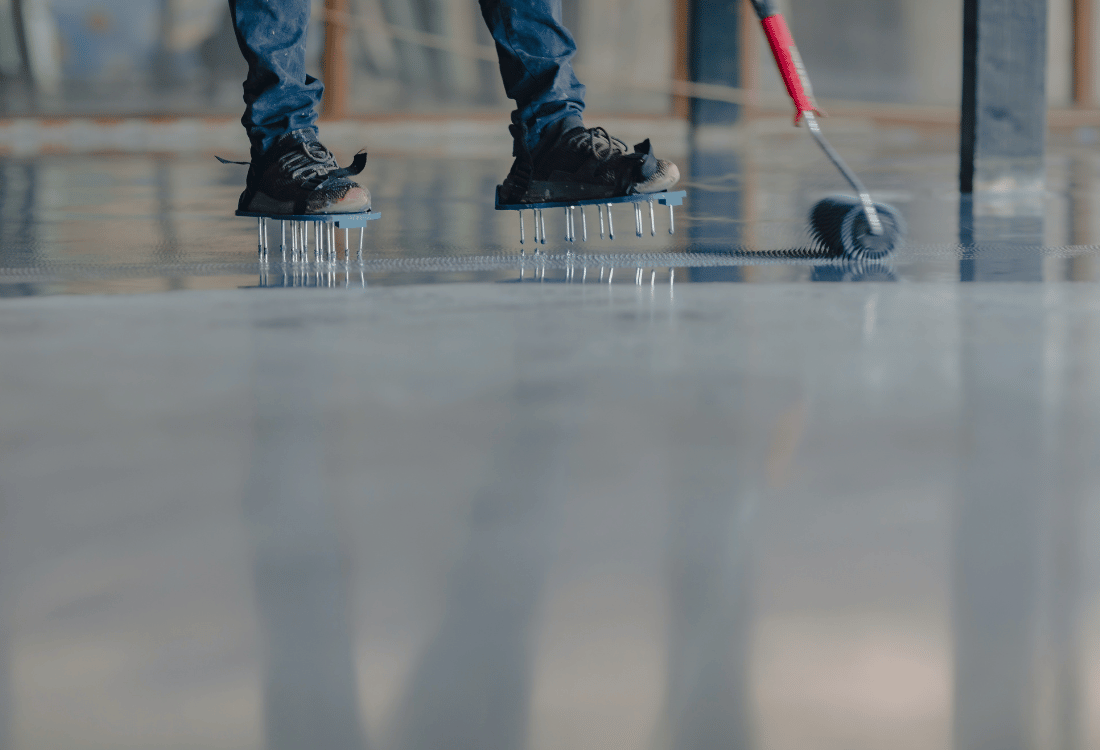5 Surprising Benefits Of Hygienic Flooring Systems
When it’s time for a facilities upgrade it’s often the case that the floor gets overlooked. Yet the truth is that your choice of flooring can have a very big impact on your operations in a number of key ways. Chief amongst these is the cleanliness, hygiene and safety of your establishment. The floor you choose now could determine your cleaning regime, hygiene standards and even legal compliance for years to come.
In many industries where cleanliness and hygiene are major priorities, hygienic flooring systems are widely used for their increased durability, easy cleaning and anti-bacterial properties. This includes industries like food production, medical facilities and pharmaceutical businesses. And while the primary function of the hygienic floor in these kinds of facilities is to keep staff and customers safe, there may be some additional benefits that businesses don’t initially coinsider.
Here are five surprising benefits of installing a hygienic flooring system.
Long-term Cost Savings
While the initial investment in hygienic resin flooring might be higher than some other alternatives on the market, it’s important to remember that it’s about value not about price. And the long term savings of a high quality hygienic floor can be substantial. Unlike vinyl or tile, resin floors have no seams which eliminates the weak spots where damage and bacterial growth can occur. This means floors will last for longer and stay cleaner, providing a much better return on your investment.
Antimicrobial Properties Prevent Bacterial and Fungal Growth
Many resin floor systems include antimicrobial agents which are designed to inhibit the growth of fungi, bacteria and mould. In environments where hygiene is essential, such as hospitals, laboratories or food processing plants this kind of contamination control is essential. It can help to reduce the risk of infection and spoilage, keeping environments safer for all who use them.
Moisture Tolerance Prevents Mould and Mildew Growth
Moisture is a major problem in many facilities, bringing with it issues like mould and mildew which can destroy flooring materials over time. However, hygienic resin floors are designed to provide an impermeable barrier that resists water infiltration, preventing damage caused by these silent threats and also maintaining the aesthetic quality of the floor.
Healthcare Applications and Compliance
In healthcare facilities, hygiene is not just desirable but also a legal requirement. These kinds of institutions are subject to stringent safety regulation that has to be met, with punishments for falling short including hefty fines and even forced closure. Hygienic floors help maintain sterile environments and comply with industry guidelines about infection control and patient safety.
Extended Structural Integrity and Floor Protection
Over time traditional flooring materials can crack, tear, warp and wear down – especially in high traffic or demanding areas. This can cause damage not just to the floor surface but also to the sub-floor. But a specially designed resin floor is designed to provide long lasting and durable protection against physical and chemical damage. The seamless structure also prevents damage to the substructure making them an ideal choice where durability and safety are paramount.
To find out more about how hygienic flooring systems can bring both short and long term benefits to your facility, download our guide or get in touch to discuss your requirements with a member of our team.
Image Source: CanvaYou May Also Like
These Related Stories

From Resin To Epoxy: Healthcare Flooring Options You Should Consider

Do Your Food Manufacturing Warehouse Floors Meet The Standards?


